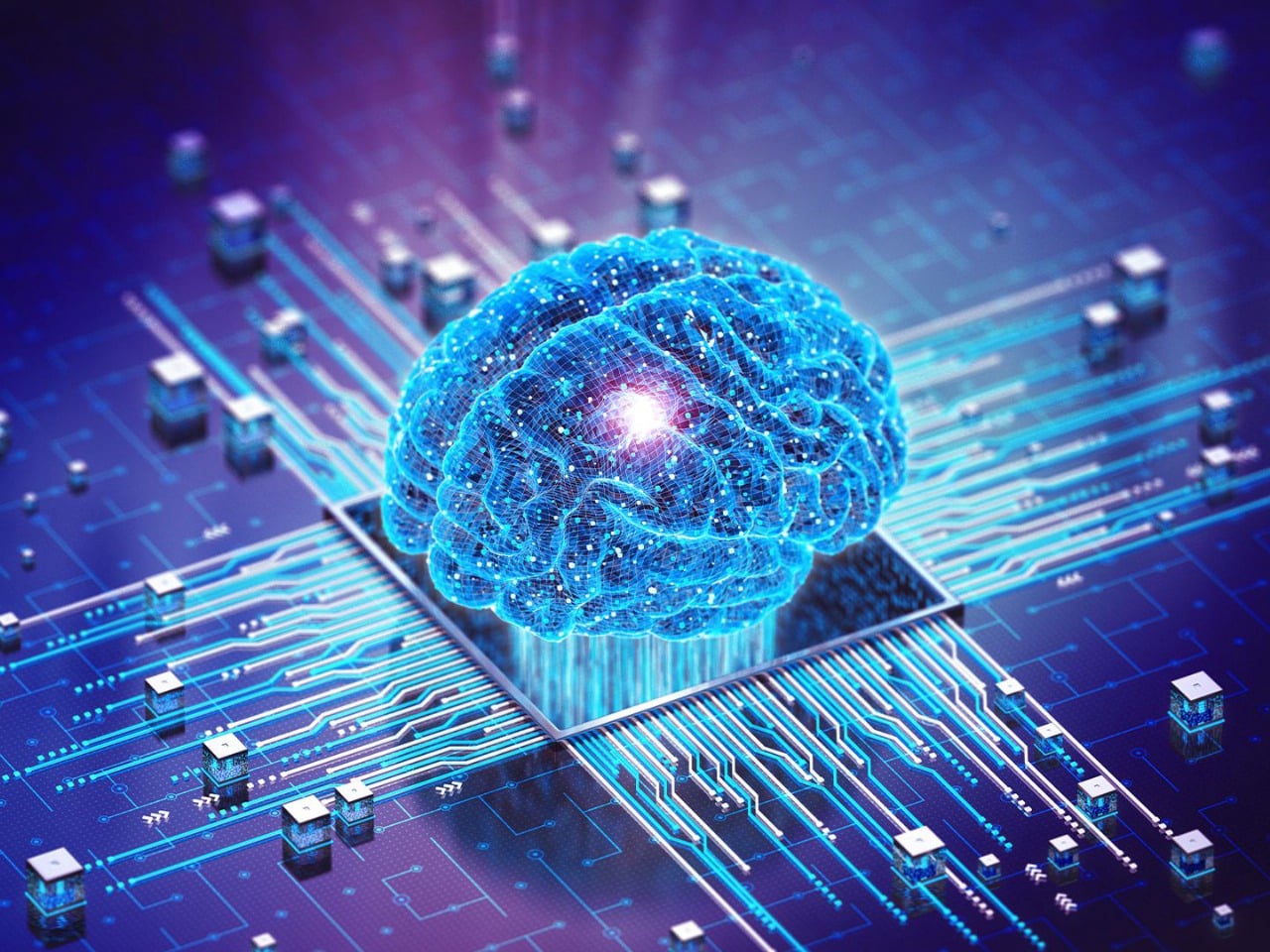

Although the term artificial intelligence (AI) has been around since 1956 and its technologies have become more widespread in recent times, there is still no single, widely agreed-upon definition. This is due to the difficulty of defining what human intelligence is, as well as the varying perspectives that describe AI.
Many theoretical definitions of AI revolve around a machine's ability to behave like humans or perform actions that require intelligence. However, considering most of today's applications, AI can be defined as: systems that use technologies capable of collecting and using data to predict, recommend, or make decisions with varying levels of autonomy, choosing the best course of action to achieve specific goals.
Artificial intelligence (AI) is one of the most important modern technologies that significantly contributes to rapid technological development and increased opportunities for innovation and growth in various fields. AI plays a significant role in raising quality, increasing capabilities and business efficiency, and improving productivity. Despite the widespread prevalence of AI technologies and the frequent talk about their capabilities, they are still shrouded in mystery or exaggeration, which may raise expectations and create an unrealistic picture. This makes understanding AI, its technologies, and the reality of its potential unclear for many decision-makers and executives in the public and private sectors.